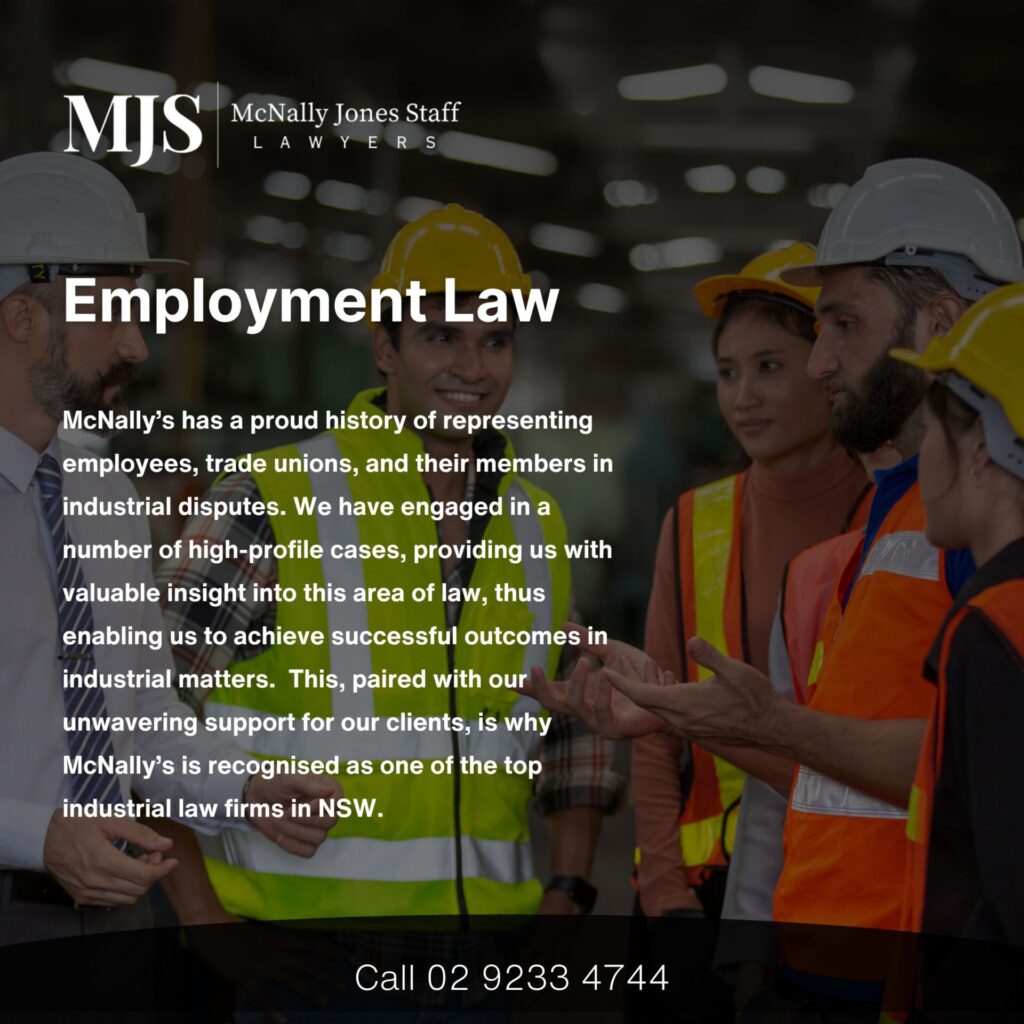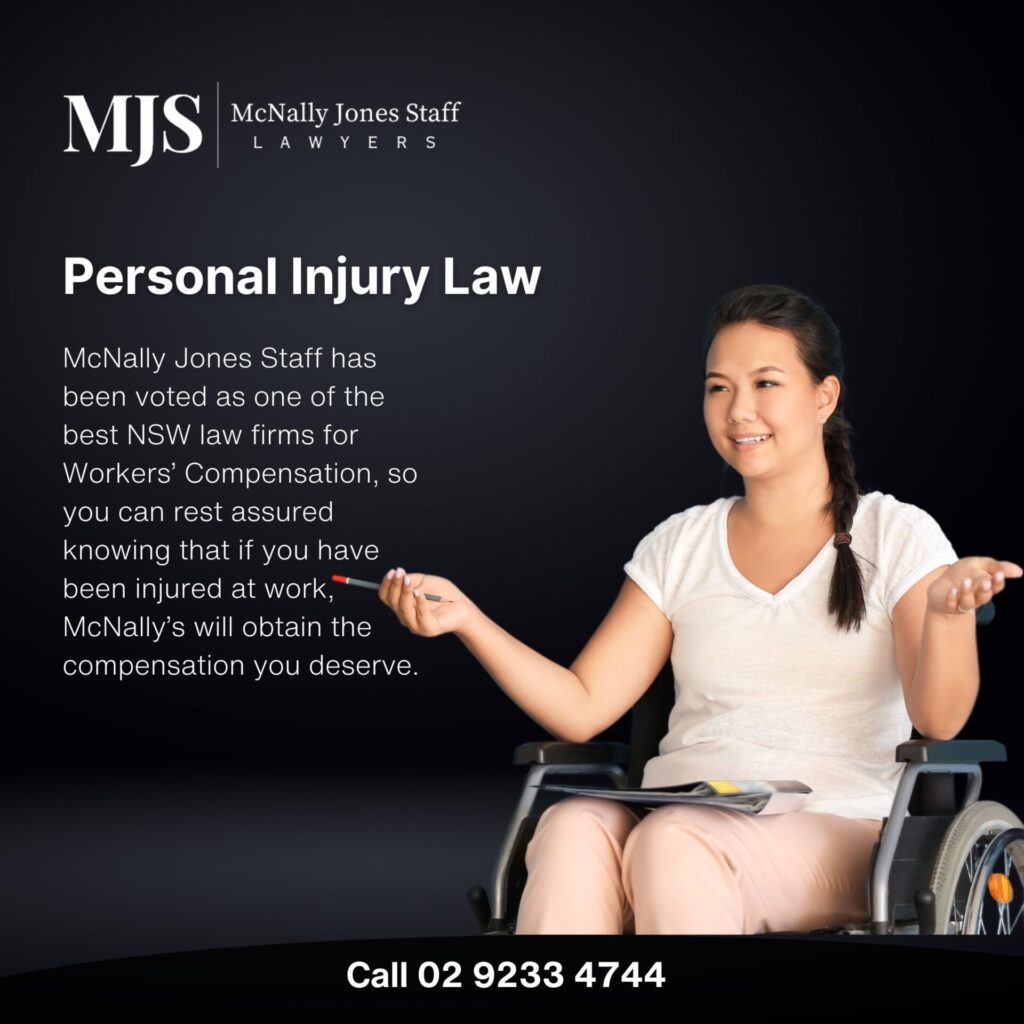Guilty - Not Guilty Pleas
Before going to court, it is important you receive legal advice regarding your choice between entering a guilty or not-guilty plea. This is a vital point in your case and can have a major impact moving forward, for this reason we encourage you to contact McNally’s immediately after you are charged in order to achieve the best possible outcome.
Criminal Pleas
Prior to entering a plea to an offence, a person’s lawyer reviews the Police Facts Sheet, which provides the police’s version of events leading to the charge(s).
The lawyer presents the facts sheet to the defendant. If the defendant fully agrees with the facts, the lawyer may advise an early guilty plea to obtain an Early Action Guilty Plea (EAGP) discount in sentencing.
Alternatively, the lawyer may negotiate a less serious charge more appropriately representing the offense. For example, if the defendant feels they only held a knife to intimidate someone to leave them alone, the lawyer could negotiate to reduce the charge from “Armed with Intent – Holding a knife” to “Intimidation.”
Representations
If the defendant disagrees with aspects of the facts sheet but agrees with it overall, the lawyer can negotiate with the police and request a six-week period from the court for the police to consider “representations.” Representations are a formal offer to amend the facts sheet to include aspects of the defendant’s account of the offense. This can be beneficial to the defendant and provide a more accurate reflection of the events.
Once the lawyer gathers all necessary information and the defendant is satisfied with the Police Facts Sheet, the defendant may choose to enter a plea of guilty.
The lawyer will explain the range of potential penalties associated with the guilty plea, considering any discounts for an early plea.
Penalties
The range of penalties varies depending on individual circumstances, including whether a “Section 10” request (no conviction recorded) or a community-based sentence with a conviction is appropriate.
Consulting with a lawyer early on in the process is crucial to ensure all charges are properly addressed by the court system and that the defendant receives a fair outcome.
Navigating Criminal Charges in NSW: Understanding Your Rights and Options
When charged with an offence in New South Wales, defendants receive a “Police Facts Sheet.” This document outlines the incident leading to the charges and serves as a crucial starting point for legal guidance.
Seeking legal advice at the outset is vital for defendants to understand their next steps and rights. A defense solicitor will review the “Facts Sheet” with the defendant, addressing any disagreements they may have with the charges or the provided information.
Disputing the Charges:
Early Plea Discount: Defense solicitors remind defendants of this opportunity to receive a 25% discount on their overall sentence if they plead guilty early.
Entering a “Not Guilty” Plea: If defendants strongly disagree with the Police Facts, they may enter a “not guilty” plea.
Service of the “Brief of Evidence”: Upon entering a “not guilty” plea, the defense solicits a “brief of evidence” from the court, which includes the evidence the police intend to use against them.
Discussing the Police Evidence:
Reviewing the Evidence: Once the evidence brief arrives, the legal representative meets with the defendant to discuss the evidence, identifying potential weaknesses or discrepancies.
Considering Legal Defences: The discussion explores available legal defences against the charges and assesses the strength of the prosecution’s case.
Pleading Guilty Despite Evidence Review: After reviewing the evidence, some defendants may still choose to plead guilty. This decision is made after considering legal advice and weighing the pros and cons of proceeding with a defended hearing.
Proceeding with a Defended Hearing:
Legal Advice and Options: By this stage, defendants have received comprehensive legal advice and have considered various options and potential outcomes of a defended hearing.
Factors to Consider: These include the likely outcome of the hearing, the court’s perception of the police evidence, the impact of firsthand evidence from the defendant, and potential legal defences.
Confirming the “Not Guilty” Plea: Once the defendant confirms their plea of “not guilty,” the solicitor sets a date for the hearing with the court.
Fighting for Your Rights in New South Wales
Liability limited by a scheme approved under Professional Standards Legislation
SYDNEY (02) 9233 4744 | Level 3, 131 York Street, Sydney NSW 2000



